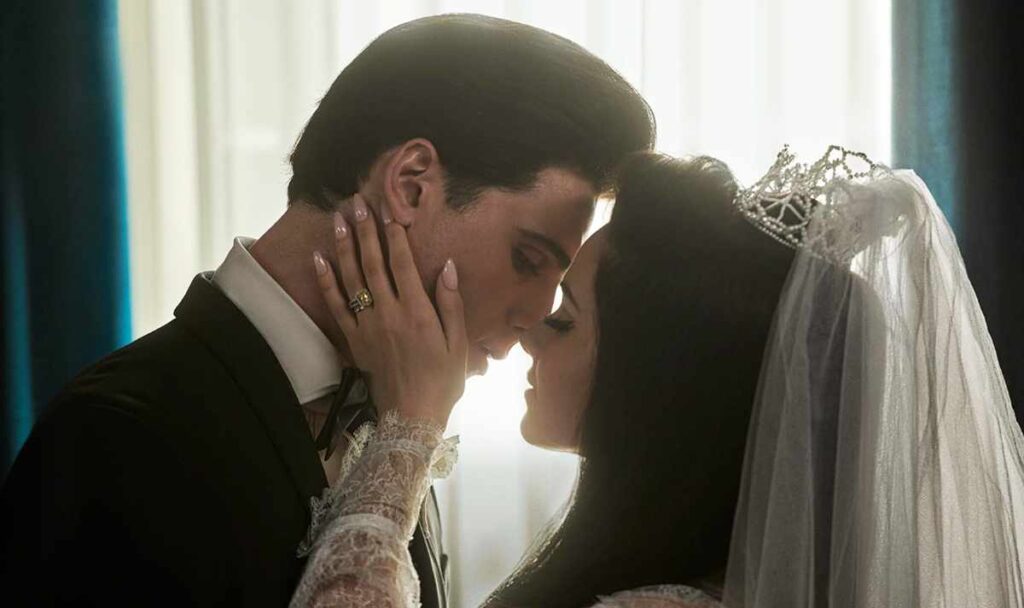Explore the untold story of Priscilla Presley’s tumultuous relationship with Elvis in this eye-opening exposé. Discover the shocking secrets and challenges they faced.

In Sofia Coppola’s thought-provoking film “Priscilla,” the spotlight is firmly fixed on Priscilla Presley’s perspective, offering a fresh and candid exploration of the controversial age gap within her relationship with the iconic Elvis Presley.
This cinematic masterpiece, masterfully written and directed by Coppola, features Cailee Spaeny as the titular character and Jacob Elordi as the legendary Elvis. Drawing inspiration from Priscilla’s bestselling memoir, “Elvis and Me,” published in 1985, the film benefits from her invaluable contribution as an executive producer.
As the narrative unfolds, it unflinchingly confronts the inherent imbalance in Priscilla and Elvis’s relationship, daring to delve into the complexities of their courtship. The story commences in 1959, set against the backdrop of Germany, where Priscilla’s father serves in the Air Force and Elvis in the US Army.
The tale begins when the 14-year-old Priscilla crosses paths with the 24-year-old Elvis at a house party. Their initial encounter reveals the stark age difference, with Elvis assuming Priscilla is a high school upperclassman. The ensuing revelation of her 9th-grade status prompts Elvis to acknowledge her youth while praising her spirited character.
Elvis’s persistent invitations to spend time together raise eyebrows, particularly with Priscilla’s parents, who grapple with the ten-year age chasm. In response, Elvis contends that Priscilla possesses a maturity beyond her years, offering a justification for their connection.
As the story progresses and Priscilla turns 16, she grapples with the media’s portrayal of Elvis’s rumored romances with other starlets. Her mother expresses concern, suspecting that he may be with women closer to his age. During her visit to Memphis, Priscilla faces the scrutiny of Elvis’s entourage, where her youth is a topic of conversation, and Elvis playfully refers to her as “little one.”
Notably, the film subtly conveys the visual contrast in height between Spaeny and Elordi, accentuating the perception of Priscilla appearing younger in comparison to the towering Elvis.
Throughout the film, the power imbalance in Priscilla and Elvis’s relationship remains a prevailing theme. Priscilla’s autonomy is stifled as Elvis dictates the course of their relationship, from her availability to his whims to introducing her to drugs. His control extends to her appearance, hair color, and makeup choices.
Moments of aggression and domination surface, with Elvis pushing the boundaries during a pillow fight and resorting to violence when faced with disagreement. It’s only after Priscilla’s departure and divorce from Elvis in 1973 that she can liberate herself from his controlling influence and embrace a life on her terms, shedding the trappings of her previous image.
In Sofia Coppola’s “Priscilla,” the narrative weaves a powerful and thought-provoking tapestry, laying bare the complexities of Priscilla Presley’s relationship with Elvis Presley while shining a light on themes of age, control, and personal transformation.
